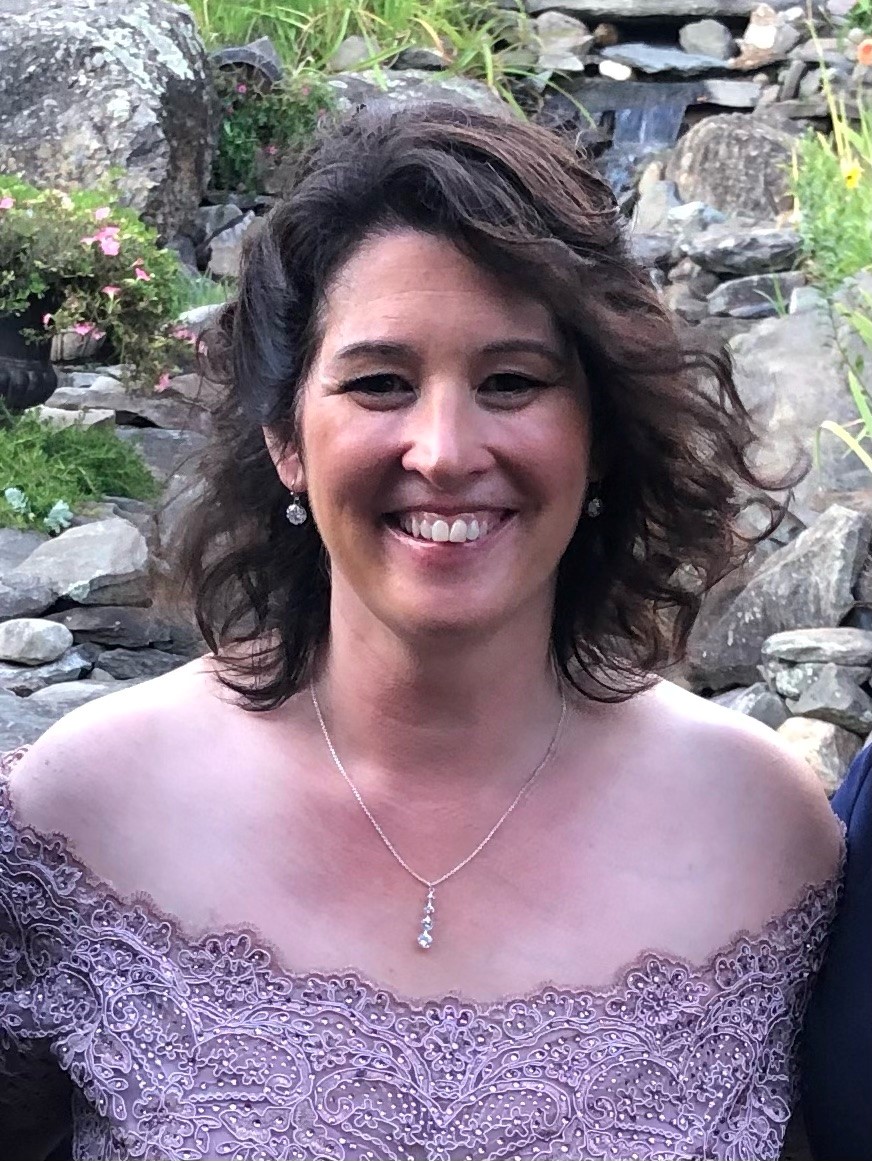
Michelle Hamel considers how a simple change in words can bring a whole new perspective.
Words and mindset matter.
That phrase might make a good t-shirt or mug, but it can also help us make a good life. What we think and our perspective can make a big difference when we face life struggles and decisions.
I tend to be more prone to strive in life that to abide. I have a hard time with patience and trust. Waiting for God, and truly believing that He will take care of me in the painful circumstances in my life, doesn't come naturally. I tend to do a good amount of doubting and second-guessing: "What if God doesn't really hear me? Or doesn't have time for me? Maybe He already gave me a direction and I missed it?"
Sister Miriam James Heidland's comment in a recent Abiding Together podcast episode stuck in my head: "The mystery is not something to be solved, but something to unfold."
This simple sentence gives me a whole different perspective. If I'm trying to solve a mystery, I'm actively working hard to figure it all out. My mind is constantly turning to think of different angles, causes, and outcomes. The mystery is taking up the majority of my time, energy and focus. Everyone and everything else around me is getting my scraps ... or being completely ignored. I can't ever turn off or truly rest until I figure it all out or get to a point when I am so frustrated, I just give up altogether.

But if I look at a mystery as Sister Miriam suggested, as something that needs to unfold, then it gives me a completely different feeling internally. Letting something unfold does not depend all on me. Letting something unfold does not elicit a feeling of hurry or anxiety. Letting something unfold opens a sense of curiosity, watchful waiting, and hopeful expectancy.
When I compare solving and unfolding, there's a clear winner for me. I'm all for less striving, more abiding, and not feeling as if everything depends on me. There's just one small problem. Letting life unfold requires two things I'm not very good at.
Why Is It So Hard to Wait and to Trust?
How will it unfold if I don't help? If I stop solving and striving, then I'm also giving up my illusion of control. The key word in that sentence is "illusion," because I was never really in control anyway. But I am really, really good at creating scenarios where I feel like I'm in control.
What's behind this desire to hang onto imaginary control? For me, the driving emotion is fear. Fear of facing the reality that life might not turn out like I want it to. What if I can't orchestrate the deep desires of my heart, or the desires of my child's heart ... or husband's heart ... or friend's heart? I could be disappointed, or worse, devastated.
But the reality is that I was never in control. And I will never be in control. Holding on to the illusion of control is just me trying to protect myself. (Spoiler alert: Self-protection also doesn't really work. Our attempts to shelter ourselves from emotional pain also block out joy and living authentically.)
Finding What Works
What does work? And what do I gain if I wait for God and trust Him to unfold the mystery at the pace He wills?
One thing I gain is greater endurance and patience. Waiting for God to unfold the situations in my life are all opportunities to strengthen my trust muscle. (And God is very generous at providing circumstances to practice trusting Him!)
I also grow in humility as I gain a deeper understanding of how little my worry, overthinking, and micromanaging actually affect the outcomes of the mysteries in my life. I also gain greater peace as God reminds me and teaches me that everything doesn't depend on me. My faith in God also grows. Everything always turns out better when I stop trying to do God's job and let Him do all He is able to do instead of getting in the way with my own attempts at helping.

Maybe we can practice letting go of control and allowing God to unfold whatever "mysteries" we find ourselves facing in our lives this fall, while focusing on having a sense of curiosity, watchful waiting, and hopeful expectancy.
Share your thoughts with the Catholic Mom community! You'll find the comment box below the author's bio and list of recommended articles.
Copyright 2025 Michelle Hamel
Images: Canva
About the Author

Michelle Hamel
Michelle is a wife, mom of eight, and grammy of 5 (with more on the way!). She spends her time reading, writing, and searching for good recipes to cook for her growing family. Her favorite things to do include spending quiet time in Adoration, shopping for baby clothes, and planning vacations. She loves to write about topics that feel God-inspired in order to encourage and comfort women. Michelle blogs at Normal Chaos.


.png?width=1806&height=731&name=CatholicMom_hcfm_logo1_pos_871c_2728c%20(002).png)
Comments